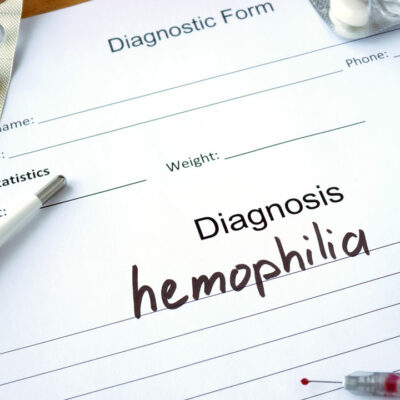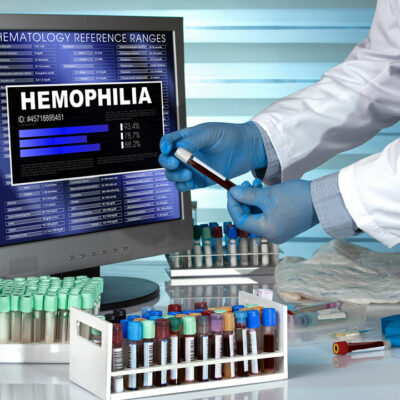
10 Types of Leukemia You Should Know about
Leukemia is a type of cancer that affects the blood cells and the bone marrow. This cancer usually begins in the bone marrow and undergoes a leukemic change which means, the cell might grow and survive better than normal cells. As a result, the cells suppress the growth and development of normal cells which might disrupt bodily functions and cause life-threatening symptoms.
Read More 







